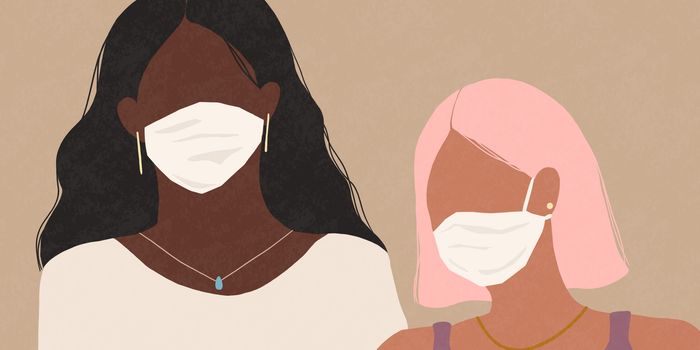I first stumbled across ‘languishing’ in a New York Times article.
I was familiar with the word, obviously, but not in a mental health context, used to lay claim to an abundance of ennui-esque feelings that so many of us have been feeling for so long.
In the piece, written by Adam Grant, languishing is described as a ‘blah’ feeling, the kind where you’re not excited, you’re struggling with concentration, and everything just feels a bit… blah.
I recognised those feelings in myself. For most of the year I’ve been cyclical, stuck in the same routine of getting up, logging on, logging off, and sleeping. In between, there were a few walks, some Zooms, and a few rather pleasant weekends, but the monotony had well and truly sunk in.
I wasn’t unhappy, I wasn’t depressed, I wasn’t entirely fed up, I was just a bit fed up. I was bored. I was, as Irish people tend to under-compensate constantly, grand.
There was nothing to do and nothing to look forward to. I had my job, I had my relationship, I had my ability to order nice takeaways and go on nice walks. All of these things were inherently good, I was happy I had them. But spend four months doing the exact same thing and you’ll be hard pressed not ending up at least a little fatigued.
“Languishing is a sense of stagnation and emptiness,” writes Grant. “It feels as if you’re muddling through your days, looking at your life through a foggy windshield. And it might be the dominant emotion of 2021.
“As scientists and physicians work to treat and cure the physical symptoms of long-haul Covid, many people are struggling with the emotional long-haul of the pandemic. It hit some of us unprepared as the intense fear and grief of last year faded.”

‘Languishing’ was coined by sociologist named Corey Keyes. Detailed as the (often ignored) middle man of mental health, those who languish are not depressed, but they’re not exactly thriving either.
The state is far from fatal, but it’s hardly the best feeling in the world either. Some recent research suggests that many people who may be languishing right now will end up with more severe mental health problems in the future, like PTSD, depression, and anxiety disorders.
How? Because most people tend to ignore that they’re languishing at all. If you’re deep in a can’t-get-out-of-bed-depression where you feel like the world is closing in on you, chances are you’ll recognise how bad you’re feeling. You might not do anything about it, but you’ll know it’s there. But if you’re just going through the motions, joyless, and totally uninspired, you may not think that there’s anything wrong at all.
As the pandemic (in Europe) slow down, vaccines roll out, and lockdowns slowly but surely begin to ease, there’s hope. Soon, Ireland will reopen fully, we’ll dine out, we’ll stop queuing for shops, we’ll walk into a pub and not be asked if we’ve booked a table or not.
All of these things are inevitable, they will happen, and yet for many the languishing feeling lives on. You’re looking forward to freedom, but you also don’t care. You’re hopeful, but you’re still cautious. You want to be positive, but if the past year has taught you anything, it’s that sometimes bad things happen out of your control and there’s absolutely fuck all that you can do about them.
A lot of us are languishing, but where some may have slipped past the point of entering a bad mental health phase, others have managed to pull themselves out and feel good again.
Languishing doesn’t have to be chronic, if it’s recognised. And part of recognition generally tends to come with naming. To pull yourself out of the rut, some resources suggest taking time off from work – a feat that comes with its own privileges, but one that could do you wonders in the long term.
Elsewhere, focusing on smaller achievements and goals could help to quell a spell of languishing. Think the simple pleasures of Pixar’s Soul, but without the body snatching and intent obsession with jazz. Make a list of household chores and be proud that you got through a third of them. Buy yourself a nice bottle of wine. Go on a walk somewhere new.
If you’ve got someone who will listen, talk to them. Not only because expressing yourself will ease those feelings, but because chances are you’ll figure out that a whole load of people are feeling the exact same way you do.
If you have been affected by any of the issues raised in this piece, you can contact Samaritans on 116 123.




















































